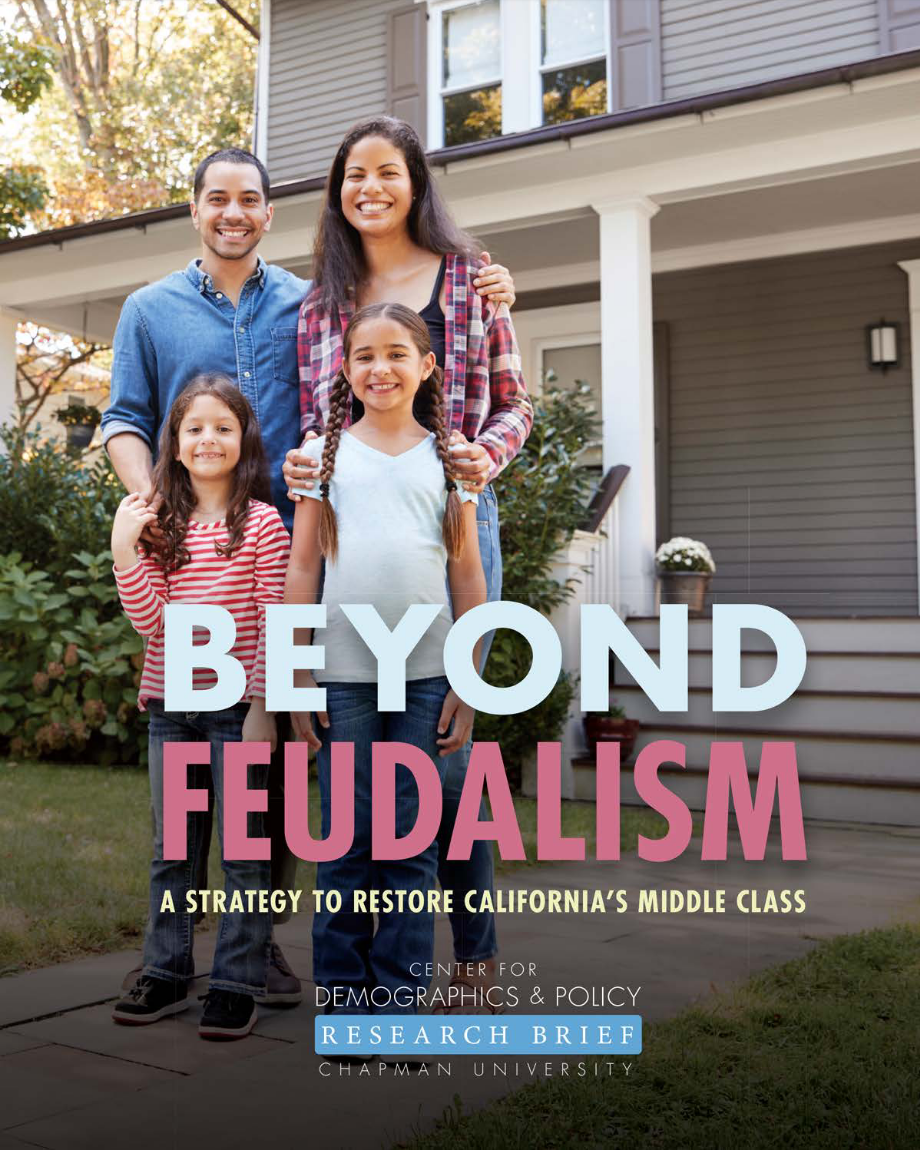The COVID-19 pandemic has devastated economics in the West, but the harshest impacts may yet be felt in the developing world. After decades of improvement in poorer countries, a regression threatens that could usher in, both economically and politically, a neo-feudal future, leaving billions stranded permanently in poverty. If this threat is not addressed, these conditions could threaten not just the world economy, but prospects for democracy worldwide.
In its most recent analysis, the World Bank predicted that the global economy will shrink by 5.2 percent in 2020, with developing countries overall seeing their incomes fall for the first time in 60 years. The United Nations predicts that the pandemic recession could plunge as many as 420 million people into extreme poverty, defined as earning less than $2 a day. The disruption will be particularly notable in the poorest countries. The UN has forecast that Africa could have 30 million more people in poverty. A study by the International Growth Centre spoke of “staggering” implications with 9.1 percent of the population descending into extreme poverty as savings are drained, with two-thirds of this due to lockdown. The loss of remittances has cost developing economies billions more income.
Latin America had seen its poverty rate drop from 45 to 30 percent over the past two decades, but now nearly 45 million, according to the UN, are being plunged into destitution as a result of the novel coronavirus pandemic. In Mexico alone, COVID-19 has caused at least 16 million more people to fall into extreme poverty, according to a study by the National Autonomous University of Mexico (UNAM).
These trends undermine the appeal of neoliberal globalization across the developing world. The pandemic has forced people to stay in their countries, and has closed off the ability to move to wealthier places. With Western countries themselves in disarray, there’s been a growing temptation to adopt authoritarian controls modeled by China, which appears to have emerged from the pandemic and economic collapse quicker than the rest of the world. The pandemic could boost China’s great ambition to replace the West, and notably America, as the heart of global civilization.
Poverty and pestilence
In the long history of pestilence and plague, French historian Fernand Braudel has noted, there was always a “separate demography for the rich.” As today, the affluent tended to eat better and were often able to escape the worst exposure to pestilence by retreating to country estates. This pattern was evident in Rome, as the city endured growing plagues in the second and third centuries. As Kyle Harper explains in The Fate of Rome, those left behind in the city often became “victims of the urban graveyard effect.”
These differing impacts were also evident in the late Middle Ages, when plague killed upwards of half Europe’s population. One 14th century observer noted that the plague “attacked especially the meaner sort and common people—far seldom the magnates.” Of course, some of the mighty also died, but far less often than hoi polloi. Whether in the towering insulae of Rome, Medieval hovels, or the tenements of the Lower East Side, the poor have suffered from economic dislocation, infection, and death far more than the affluent.
We may be entering an age that reprises Medieval patterns of mass infections. Three decades ago in The Coming Plague, Laurie Garrett identified the rise of an “urban Thirdworldization” that creates ideal conditions for new pandemics—SARS, MERS, Swine flu, and now COVID-19. These challenges will likely not end even with a vaccine or a weakening of the virus, but may resurge in a different form. Anthony Fauci, director of America’s National Institute of Allergy and Infectious Diseases, already sees potential new viruses incubating in China and warns that more pandemics may arise in the near future.
Read the rest of this essay on Quillete.
Joel Kotkin is the author of The Coming of Neo-Feudalism: A Warning to the Global Middle Class. He is the Presidential Fellow in Urban Futures at Chapman University and Executive Director for Urban Reform Institute. Learn more at joelkotkin.com and follow him on Twitter @joelkotkin.
Hügo Krüger is a Structural Engineer with working experience in the Nuclear, Concrete and Oil and Gas Industry. He was born in Pretoria South Africa and moved to France in 2015. He holds a Bachelors Degree in Civil Engineering from the University of Pretoria and a Masters degree in Nuclear Structures from the École spéciale des travaux publics, du bâtiment et de l’industrie (ESTP Paris). He frequently contributes to the South African English blog Rational Standard and the Afrikaans Newspaper Rapport. He fluently speaks French, Germany, English and Afrikaans. His interests include politics, economics, public policy, history, languages, Krav Maga and Structural Engineering.
Photo credit: Jade Scarlato via Unsplash under CC0 1.0 License.


 In this new report,
In this new report,